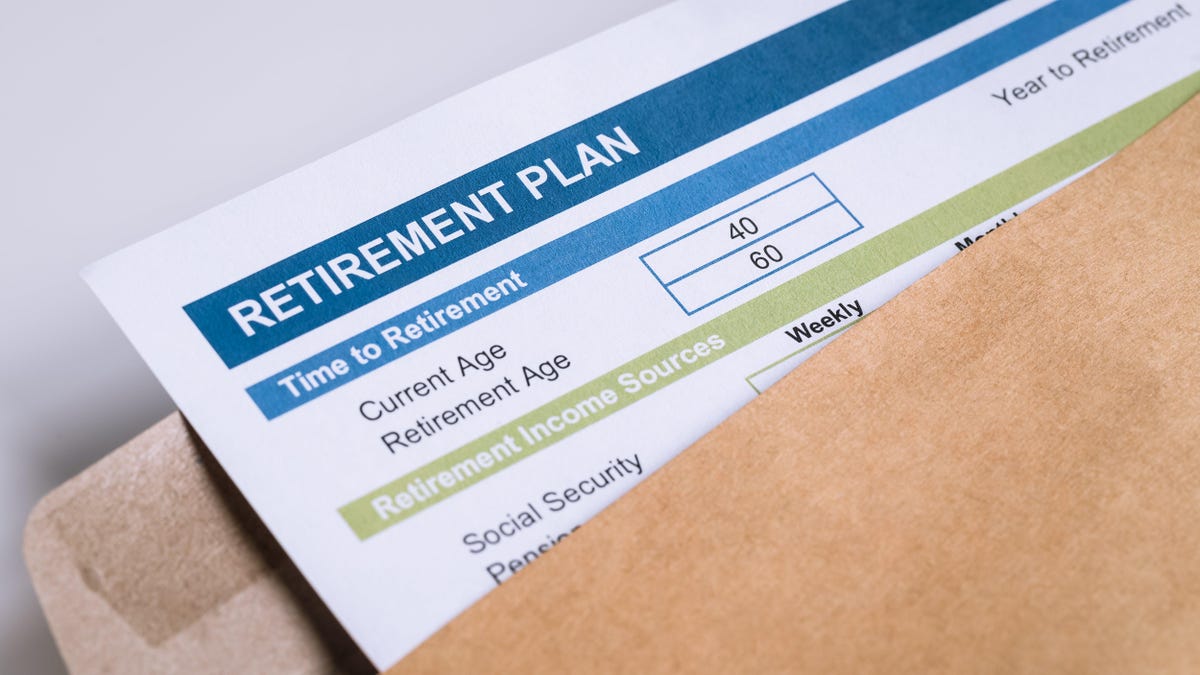Nearly 500 empty ‘ghost flights’ take off from UK each month
Data reveals Heathrow, Aberdeen, Manchester, Stansted and Norwich airports worst offenders at end of last year

Nearly 500 empty “ghost flights” a month took off from the UK at the end of last year.
Between October and December 2021, hundreds of planes took flight with either zero passengers or less than 10 per cent full, according to a freedom of information request submitted by the Guardian.
The worst offenders, according to the data they obtained, were Heathrow, Aberdeen, Manchester, Stansted and Norwich airports.
Flying planes empty has long been used by airlines to preserve what is often their most valuable asset: permission to land at and take off from high-demand airports.
In the industry, the practice is known as “keeping slots warm” – flying enough to adhere to the 80:20 rule that previously required an airline to use a slot 80 per cent of the time. Any less, and the permit had to be handed back.
Since widespread travel disruption caused by coronavirus, the level has been cut to 50 per cent, but it remains difficult for some airlines to hit even this more modest target amid border closures and restrictions.
Almost 15,000 ghost flights have flown from the UK since the coronavirus pandemic began in March 2020.
These operated from 32 airports, with Heathrow topping the list, flying 4,910 international ghost flights between March 2020 and September 2021, according to data collected by the Civil Aviation Authority (CAA).
Meanwhile, Lufthansa Group, the parent company that owns brands including Lufthansa, Swiss International Airlines, Austrian Airlines, Eurowings and Brussels Airlines, hit headlines in January 2021 after admitting that 18,000 flights would be flown empty over the winter, including 3,000 Brussels Airlines services, due to the aforementioned “use it or lose it” airport slot rules.
The Belgian federal government wrote to the European Commission in response, calling for a change to the strict rules on maintaining slots and citing the EU’s carbon reductions targets as a reason to reconsider.
In the UK, a parliamentary petition demanding an end to “ghost flights” launched in January attracted more than 15,000 signatures in total.
The petition was drafted by Anna Hughes, the director of Flight Free UK. She told The Independent at the time: “If people choose to fly less for environmental reasons – as we are campaigning for them to do – we would expect the market to reflect that.
“If planes continue to fly empty because they are concerned about ‘use it or lose it’ rules, it doesn’t allow the market to adapt to shifting demand.”
The Department for Transport said in response: “We acted swiftly [during the pandemic] to prevent empty aircraft needing to fly to retain their slots, however some flights may operate with low passenger numbers for a whole range of reasons, including carrying key workers or vital cargo.”

 Tfoso
Tfoso 





























.jpg&h=630&w=1200&q=100&v=6e07dc5773&c=1)

